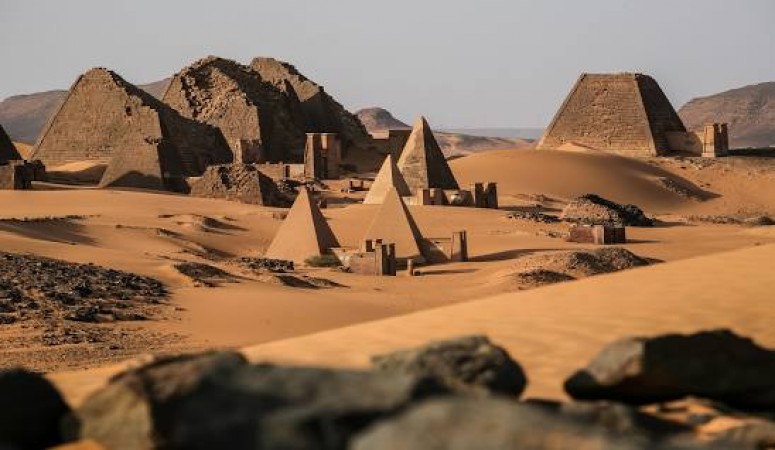
Sudan, a country located in northeastern Africa, is a land of historical significance, cultural richness, and a promising future. Spanning the banks of the Nile River, Sudan has been a crossroads of ancient civilizations, where the past blends seamlessly with the present, shaping a nation of diverse traditions, resilience, and hope. Geographically, Sudan boasts a varied landscape, ranging from the fertile Nile Valley to vast deserts and plateaus. The Nile River, the longest in the world, has been the lifeline of Sudan's civilization for thousands of years, providing water for agriculture, transportation, and sustenance for its people.
The history of Sudan dates back to antiquity, with evidence of powerful kingdoms such as Kush and Meroe, which once flourished along the Nile. The region's strategic location made it a hub for trade, drawing merchants and cultures from far and wide. In modern times, Sudan gained independence from British and Egyptian colonial rule in 1956, marking a pivotal moment in the nation's quest for self-determination and sovereignty. Sudan's cultural diversity is one of its defining features. With over 500 ethnic groups, each with its distinct languages, customs, and traditions, the nation is a melting pot of cultural expressions. The Arab, Nubian, and Beja are among the prominent ethnic groups that contribute to the country's vibrant heritage. Traditional music, dance, and craftsmanship serve as vibrant threads weaving Sudan's rich cultural tapestry. Challenges have also marked Sudan's journey. Political instability, conflicts, and economic struggles have posed significant obstacles to development and prosperity. However, the Sudanese people's enduring spirit and their commitment to unity and progress continue to drive the nation forward, fostering hope for a brighter future.
In recent times, Sudan has witnessed transformative changes. The country experienced a peaceful revolution in 2019, leading to a transition towards civilian rule and democratic governance. As Sudan navigates this period of transition, the world watches in anticipation, hopeful that it will set an inspiring example for other nations seeking peaceful change. Economically, Sudan relies heavily on agriculture, with crops such as sorghum, millet, and wheat being staples in the nation's diet. The country is also rich in natural resources, including gold and minerals, presenting opportunities for economic growth and diversification. Sudan's cultural heritage and historical landmarks make it an enchanting destination for exploration. The ancient pyramids of Meroe, a UNESCO World Heritage site, stand as impressive relics of the past. Khartoum, the capital city, offers a blend of modernity and tradition, where vibrant markets and historical monuments coexist.
In conclusion, Sudan stands at a crossroads, bridging its rich past with a promising future. Its history, cultural diversity, and natural beauty make it a country of immense potential. As Sudan embraces its challenges and opportunities, its people's enduring spirit and resilience will continue to shape the nation's path, carrying it forward towards a future of hope, progress, and prosperity.
Also read - Cuba: A Historic Journey of Resilience and Challenges